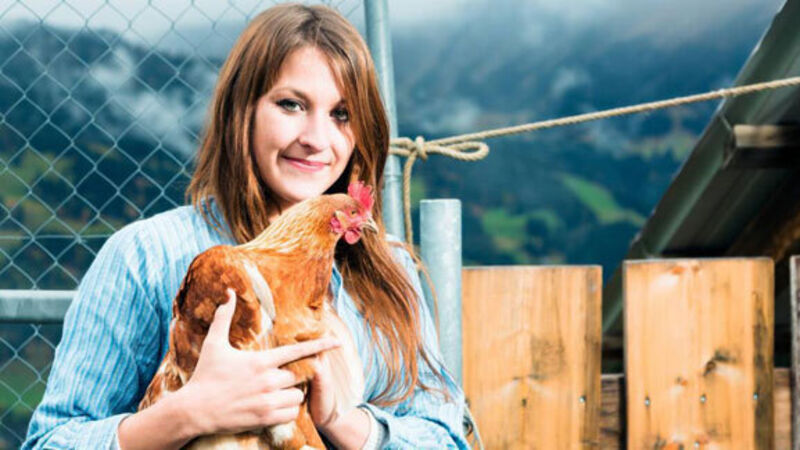Bird Flu Q&A: House all captive birds until further notice

The H5N8 strain of avian influenza has been responsible for outbreaks in poultry and wild birds in Europe since the end of October.
Try from €1.50 / week
SUBSCRIBEWhy was this measure taken?
The H5N8 strain of avian influenza has been responsible for outbreaks in poultry and wild birds in Europe since the end of October.
Already a subscriber? Sign in
You have reached your article limit.
Annual €130 €80
Best value
Monthly €12€6 / month
Introductory offers for new customers. Annual billed once for first year. Renews at €130. Monthly initial discount (first 3 months) billed monthly, then €12 a month. Ts&Cs apply.
Newsletter
Keep up-to-date with all the latest developments in Farming with our weekly newsletter.
Newsletter
Keep up-to-date with all the latest developments in Farming with our weekly newsletter.
Newsletter
Sign up to the best reads of the week from irishexaminer.com selected just for you.
Newsletter
Keep up with stories of the day with our lunchtime news wrap and important breaking news alerts.
Saturday, February 7, 2026 - 7:00 AM
Friday, February 6, 2026 - 4:00 PM
Friday, February 6, 2026 - 9:00 PM
© Examiner Echo Group Limited